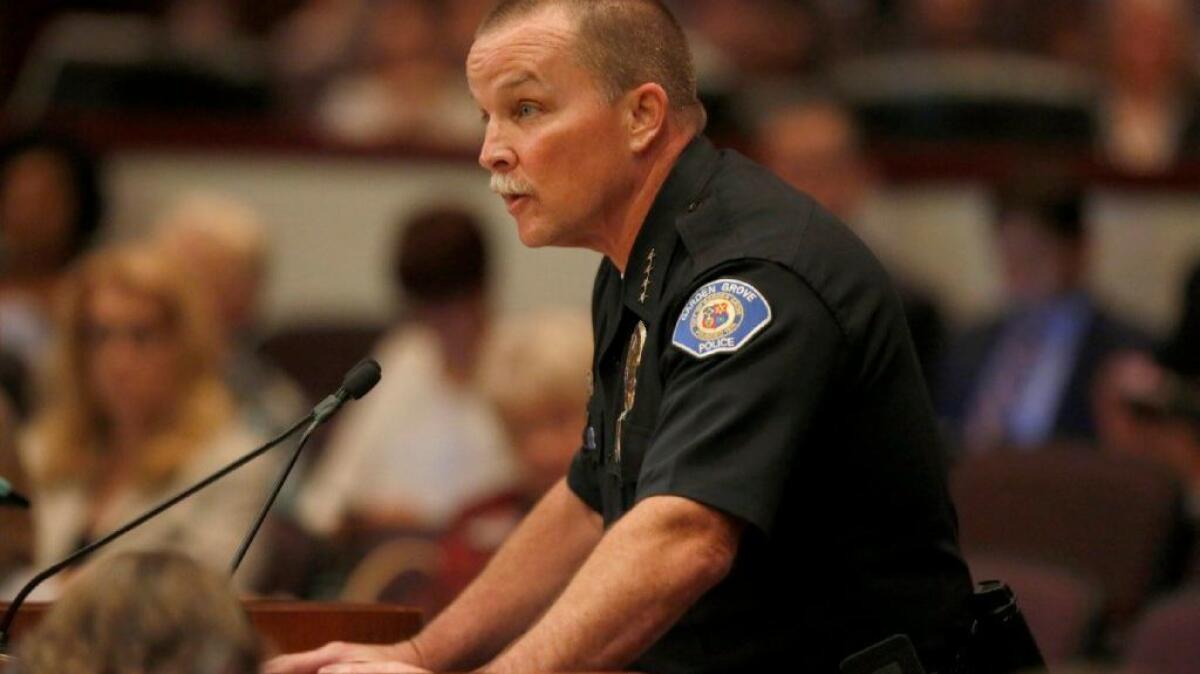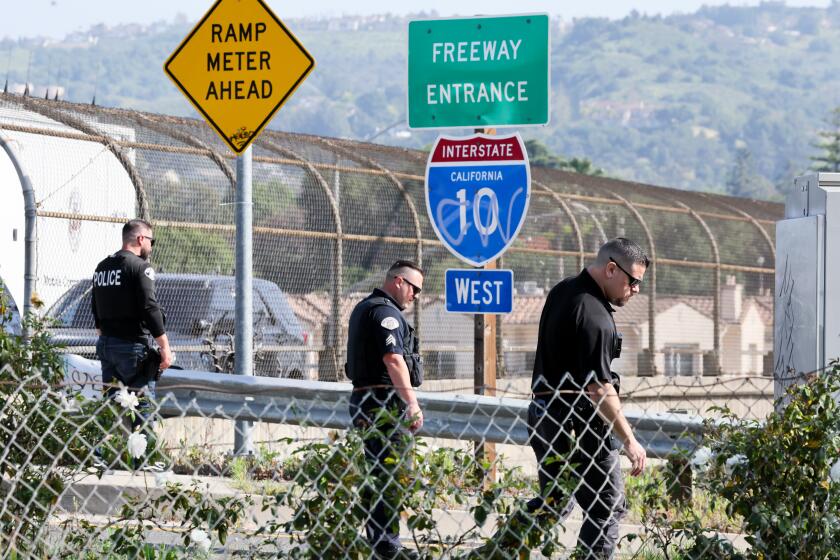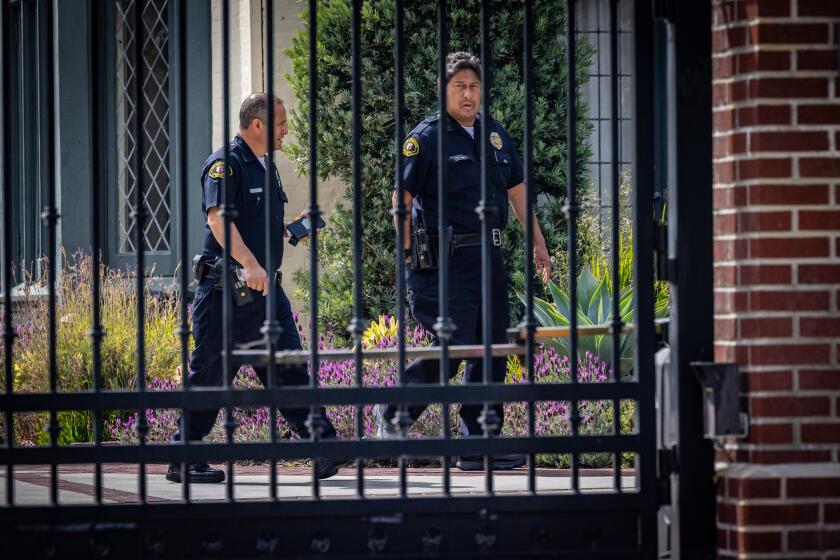Orange County Human Relations Council wins funding reprieve as hate crimes continue to rise

When the bag of feces arrived at the LGBT Center Orange County, Laura Kanter knew immediately what to do.
She picked up the phone and called the Orange County Human Relations Council to talk with Don Han, who deals with hate crimes.
Kanter, as director of policy advocacy and youth services for the LGBT Center in Santa Ana, recently recalled the disturbing incident that occurred in May. She said that the council provides an important service in the community.
“We can call the police and I did, and they’ll just take a report,” she said. “But I knew we had someone to turn to and that’s what these folks do best. They look at the bigger picture to create understanding between communities.”
Han’s nonprofit organization was founded in 1991 in part to raise money and develop programs overseen by the Orange County Human Relations Commission. The council and commission works with law enforcement agencies, compile an annual hate crime report and provide mediation and violence prevention programs in partnerships with schools, corporations, cities, foundations and individuals.
“We try to be a voice of reason and listen,” Han said, “and we’re committed to getting people from all sides to come together.”
The council has raised about $30 million in the last 25 years to support the county commission’s work, according to its website. But until recently the council was in danger of losing the funding that pays for three members of its staff, including Han.
For months, county supervisors debated back and forth, threatening to cut the $252,000 needed to pay for the council’s personnel, while the group received an eviction notice to vacate the county building where it has operated, rent-free, by July 1.
Meanwhile, the number of reported hate crimes increased — 50 in 2016, compared with 44 the year before — with African Americans and the LGBT population as the two most frequently targeted communities across the county, according to the groups’ newest report. This trend, coupled with the fear that Orange County could lose its human relations advocates, prompted more than 300 supporters to swarm supervisors’ meetings this month, pushing to allow the two groups to continue their partnership.
Among the proponents praising the groups’ anti-bullying, interfaith and mediation campaigns was Orange County Sheriff Sandra Hutchens, who said “there is a lot of fear in our immigrant and LGBTQ communities. This is an important public safety and quality of life issue for us.”
The board voted 4 to 1 last week, with Supervisor Michelle Steel as the lone dissenter, to continue funding the council for at least another year. But the panel also urged the council and commission to stop “co-mingling,” with one supervisor noting that some commission staff members report to the council’s director.
Supervisor Andrew Do, the most vocal opponent before the vote, criticized the confusion between the operations of the council and commission, saying “it raises questions about accountability and leaves the board vulnerable to violations of state public meeting laws.
“The public has to be clear on the two entities,” he said. “Right now, they’re so intertwined, people don’t know who’s responsible for what and as supervisors, we don’t know what’s going on at the council while we’re the ones overseeing the commission that works with them.”
On June 6, supervisors deadlocked 2 to 2, with one member absent, on the personnel funding for the council. Supervisor Todd Spitzer proposed another vote a week later with the full board present. Do ended up voting to allocate the money because “the work is still viable,” he said. “People around the county still need a voice.”
Spitzer blamed the county for initially pressuring the nonprofit to raise funds for commission programs during a time when Orange County faced financial hardship, including a bankruptcy scandal. He said the board must choose if it wants to give money to programs and control its delivery — or allow the nonprofit to continue finding revenue.
Commission and council members promised to meet with county officials to find a “way to separate our administration and still be effective,” said Rusty Kennedy, the council’s chief executive. “We’re ecstatic to be able to continue.”
Twitter: @newsterrier
More to Read
Start your day right
Sign up for Essential California for news, features and recommendations from the L.A. Times and beyond in your inbox six days a week.
You may occasionally receive promotional content from the Los Angeles Times.







